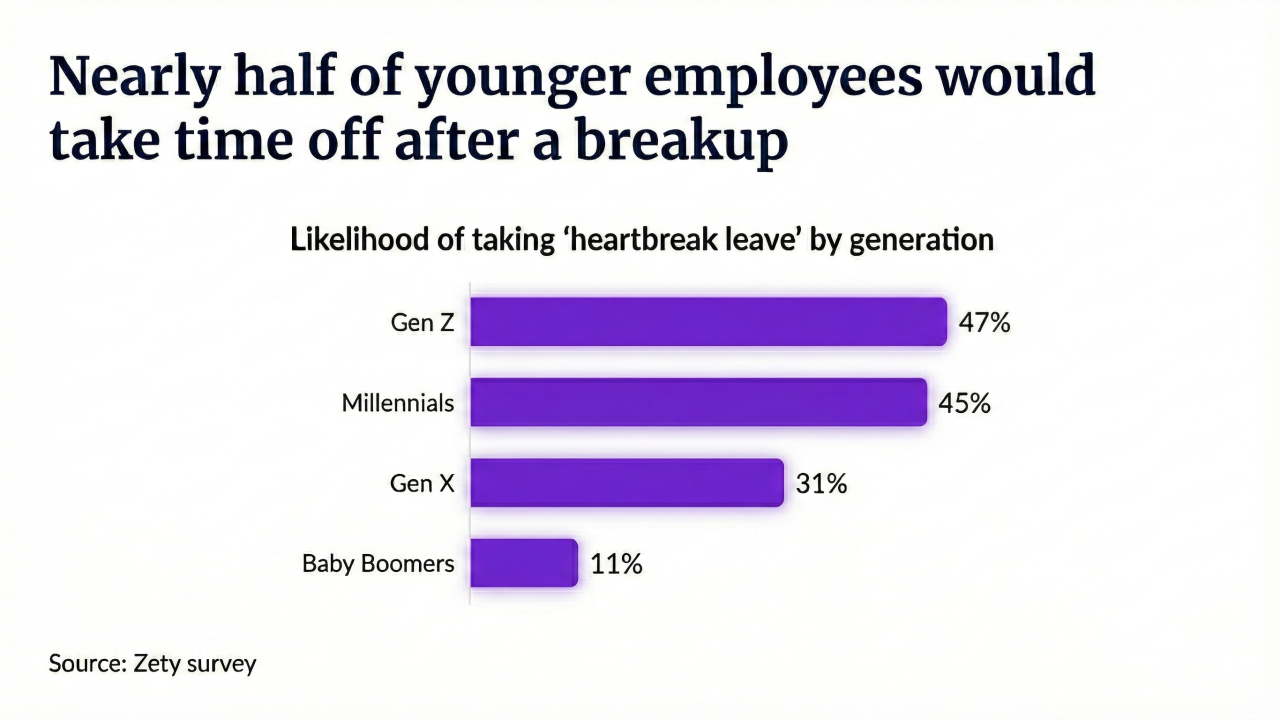Estate planning has quickly become one of the most in-demand workplace benefits, as employees search for financial security that goes beyond equitable compensation and 401(k)s.
Ninety-six percent of Americans agree that
"Estate planning has always consistently topped our list of service requests, but over the last year or so it has reached number one," Rose says. "It's an interesting phenomenon that is happening right now but I don't think it's temporary and I don't think it's seasonal. I think this is a trend we're going to see continue."
Read more:
Today's workforce is currently facing the
"There's a misconception that state planning is for employees in their 50s getting ready to retire or employees that already have older children they're planning for — but that's not all it is," Rose says. "Whether you're two years into your professional career or 30 years, [estate planning benefits] make sure that whatever you've worked for goes where you want it to go."
Rounding out benefit offerings
According to Rose, employers should view legal plan offerings as a
Adding estate planning doesn't have to be a heavy lift for HR and benefit teams, either. With these types of benefits, providers like LegalShield are the ones handling the legal expertise, employee access and support, meaning that the leaders themselves don't need to manage complex paperwork or compliance issues.
Read more:
"There is a tremendous need for these benefits, but there is persisting concern that it adds more workloads to an already overworked division of the company," Rose says. "We are responsible for setting up enrollment communications and getting employees to understand the value of these benefits within days or sometimes even hours of adding us a voluntary benefit."
Done correctly, estate planning benefits can also be a tool that goes beyond its primary use. It can help employees with debt collection, provide
"It's really about teaching employees to be prepared and to realize what's valuable to them and they don't have to have millions and millions of dollars to make the benefit worth it," Rose says. "Access to an affordable way to execute estate planning allows employees to go through life always preparing for the future."






